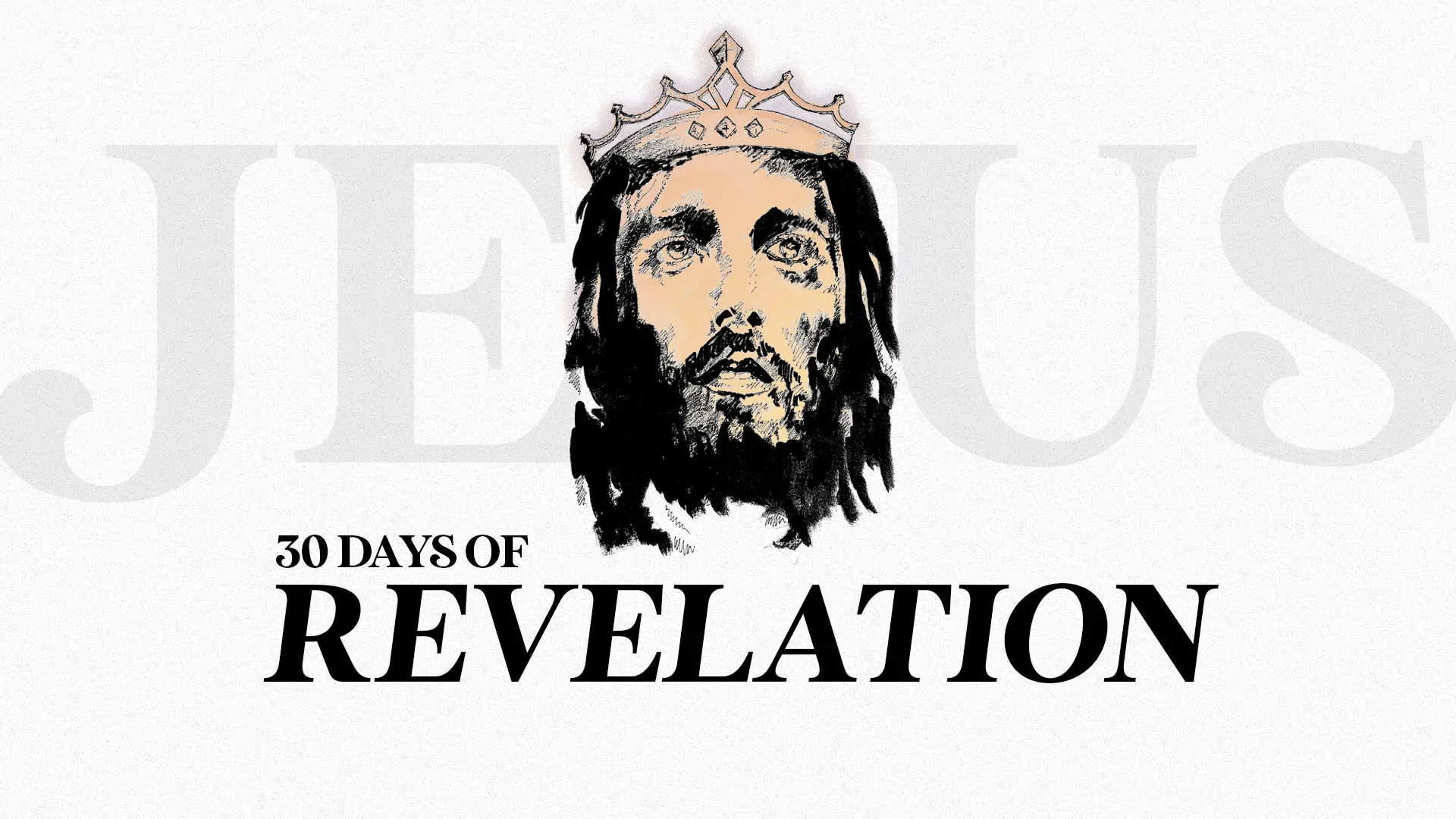Sardis was a church that was surrounded by darkness but was barely casting a light. With the exception of Laodecia, this church received the smallest amount of commendation from the Lord. The best He could say is that they had a reputation for good works but His assessment of the situation was that even their good works were lifeless.
As we go through the churches of Asia, it is important to note that any of the seven churches mentioned could be any church around the world at any time and potentially, any believer could take on attributes of these churches at various times of their faith walk as well. Perhaps we have lost our first love, or perhaps we find ourselves allowing compromise to creep in. Whatever the case, remember that although historically accurate there is also a spiritual application for the modern-day believer.
If Sardis represented a time in church history however, it would be the season just after the reformation. The Church worldwide had a reputation for good works but in actual fact, they were lifeless and spiritually dead by any measure. There was a group of believers though, that were alive and walking worthy (3:4).
The church in Sardis itself had this same problem. The church was held in good standing, perhaps even thought of as spiritually virtuous and considered to have an effective ministry, but in God’s opinion, they had separated from the source of life Himself, the Spirit of God and therefore He counted them as dead.
Just as He has done for all the other churches, Jesus describes Himself in the manner in which that church needed Him most, and for the Church at Sardis, He describes Himself as, “He who has the seven Spirits of God’ (3:1). This is not only an apt reminder to the church at Sardis that Christian activity does not equate to spiritual vitality, but it is also a great reminder to us that there is no substitute for life in the Spirit and the power of His Spirit in our everyday life.
Being constantly filled with Holy Spirit and drenching ourselves in His presence must always remain as the overflow of our faith and source of our mission, especially in these last days. Jesus reminds the believers in Sardis to ‘remember therefore how you have received and heard…’ (3:3), ‘and to be watchful in order to strengthen what remains’ (3:2).
We received white robes by grace through faith and in doing so, also received Holy Spirit as the promised seal in our hearts. What brings life and power to our faith is not good works or reputation. Spirit life and power come from one source and that is the Spirit of God. Christian mission and spiritual vitality are both sourced from an ever drenching saturation of His presence into our lives. This leads to an overflowing of His goodness and lovingkindness outwards from our lives. To attempt mission and faith without His Spirit leads to the weakest of all faiths and ultimately to spiritual death.
For those believers that do keep watch and strengthen what remains, their names will forever be remembered by the Lord in the Book of Life and Jesus will confess their names before His Father.
Here’s what we can know from these verses:
- Jesus is the Possessor of the Seven-Fold Spirit of God. Jesus gives freely all things in which the Father has entrusted to Him and there is Spirit without measure (John 3:34) for those who earnestly seek Him. To possess His Spirit is to possess eternal life in Him and to experience life more abundantly. Without the Spirit, however, there is no life.
- Jesus wants us to keep watch. Sardis only had one entrance but twice had been defeated by enemies attacking by climbing cliff faces that were not being guarded. Once in 549 BC and once in 214 BC. This was a city that should know about keeping watch. We too likewise need to keep watch so that through spiritual apathy we don’t become so comfortable in our temporary home that we forget to look for the coming of our Lord and He catches us by surprise.
- Jesus has written your name in His Book of Life. The promise is that your name will never be blotted out. The garments you wear are as white as the righteousness of Christ Himself and it will be Him that writes your name in His book and confesses your name before the Father. He is the Author but He is also the Finisher (perfector, the completion) of your faith (Hebrews 12:2).




